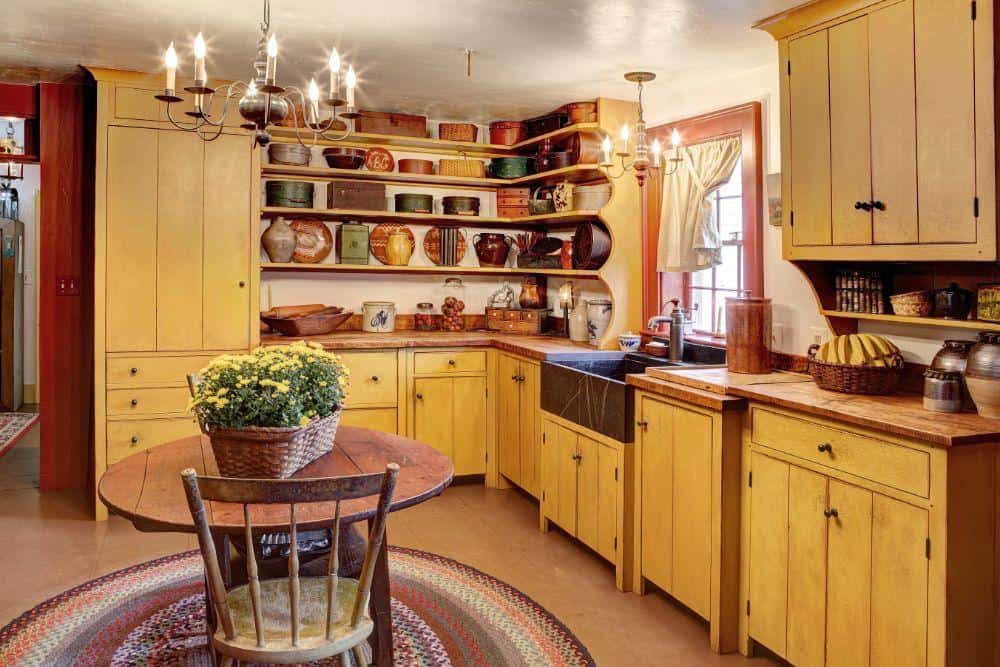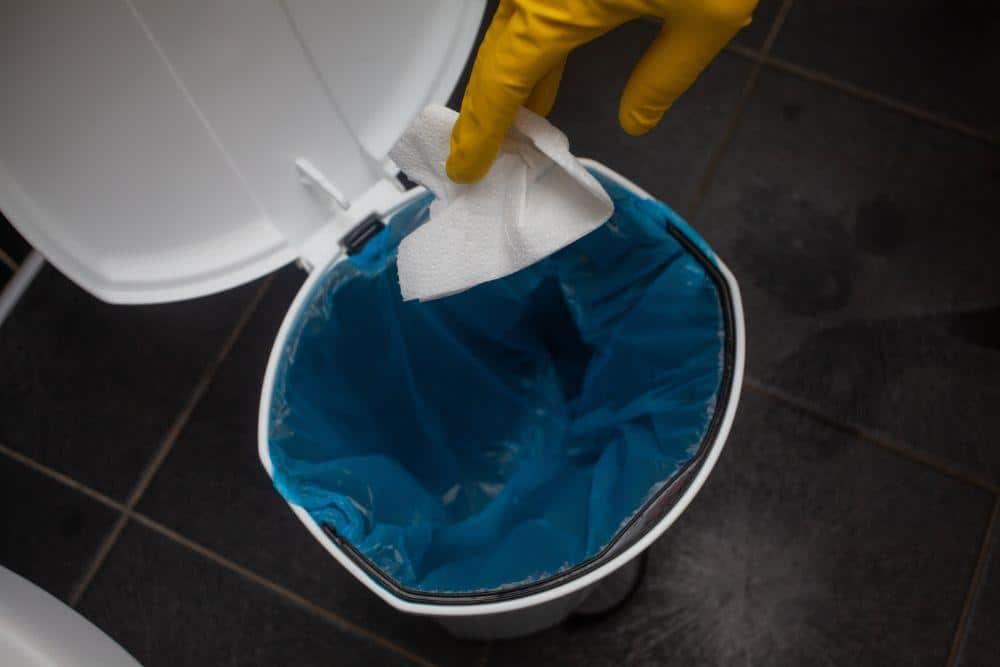Once widespread in home kitchens across America, trash compactors seem to have become an endangered species of appliance. What can account for the decrease in popularity? What qualities made kitchen compactors attractive that no longer have such a strong appeal? Do people still get trash compactors?

Once Widespread, Trash Compactors aren’t Nearly as Popular in Kitchens as They Used to Be
This article will answer all of these questions and more about the continued use of trash compactors. It will begin with a brief overview of the history of compactors, followed by some of the benefits and drawbacks that consumers have reported.
The final section will cover some modern alternatives to trash compactors that have begun to replace the formerly popular waste appliance. Read on to learn everything you need to know about this kitchen appliance!
A man named M.S. Wells invented the first trash compactor almost 100 years ago in 1941! Various adjustments and improvements were made to the design, and by the 1970s, they began to be a standard fixture of American households. They hit peak popularity in home kitchens in the 1980s but have been in decline ever since.
Trash compactors became popular quickly for good reasons.
One of the best benefits of having a trash compactor is that it reduces the volume of trash in your household and the need for multiple trash cans that take up floor space.
Another benefit of tightly packed trash is that it also reduces the space that your garbage takes up in a landfill. For those who are conscious of their ecological footprint, this benefit is a powerful way to make a positive impact on the environment.
How a Trash Compactor Functions
Compactors are also convenient and efficient. They cause garbage cans to fill up more slowly and require emptying less frequently. For people who live in an apartment building without easy access to curbside trash, this quality can be a significant advantage.
This benefit also means that fewer trash bags are required. Over a long period, this can be a cost-saving reward for a family, as well as being better for the natural environment.
Despite the benefits, trash compactors have many drawbacks that have affected their popularity over the years.
One of the main negative aspects of the appliance is the costs involved with buying and installing it. In total, a new compactor can cost up to $1,000, which is well out of the price range of most potential buyers.
The main job of a trash compactor is to reduce the volume of household garbage. However, the primary side effect of this task is that it also vastly increases the density of a bag of trash.
With garbage bags that can weigh up to 30 pounds, taking out the trash becomes a far more difficult chore. Extremely heavy trash bags may be inaccessible to elderly or physically disabled individuals who cannot lift the bags.

The Standalone Trash Can Is Preferred by Many Over Trash Compactors
Another factor that has discouraged people from continuing to use trash compactors is their size. They are relatively large appliances, and consumers were unwilling to sacrifice their precious cabinet and floor space to a loud, smelly object.

Trash Compactors Tend to Smell as the Trash Lingers a Bit Longer Than it Otherwise Would
Modern designs have found ways to address the odors that put many people off of trash compactors. Still, these are not always the most effective since waste will often sit in a compactor for a week or more before it needs to be removed to a larger garbage bin.
Additionally, certain items cannot be put into trash compactors. These restrictions make the appliance more challenging to use and have some consumers wishing for their regular trash cans. Items such as glass, wood, oil, meat, fish, electronics, diapers, and pet waste should not be compacted.
Part of the decline in popularity of trash compactors is due to the increased use of home waste management alternatives, which this section will explore!
Composting is an excellent way to reduce the amount of household waste that ends up in landfills. It works by recycling organic material (most kinds of food and yard waste can be composted).
In addition to cutting back waste that goes to a dump, composting creates a beautiful fertilizer that is great for the health of your gardens and plants.
Of course, not all kinds of waste can be composted. The non-organic matter still has to be disposed of in an ordinary trash can or a trash compactor. Some people whose compost bins are in their yards near their houses do not include larger food items that could attract unwanted critters.
Garbage disposal is a device that attaches to a pipe in the kitchen sink to collect and grind up food waste. People who are lucky enough to have this kitchen appliance are aware of how convenient and environmentally friendly it is.
Most food waste can be simply flushed down the drain and pulverized with the simple flick of a switch.
However, not all kinds of food waste and liquid can safely go into a garbage disposal. Items like coffee grounds, potato peels, and citrus rinds can become lodged in the grinding gears and cause them to clog. Grease and oil should also never be flushed down a drain.
Although recycling has been around for a long time, many modern developments have made it more convenient for households to filter much of their waste into recycling bins instead of their garbage.
With the booms in the recycling industry, families began producing less trash, meaning there was less of a need for a compactor to reduce the volume and trips to the dumpster or curb.
Many people still use trash compactors and love that they make waste disposal simple and efficient. However, compactors come with many drawbacks, and for these reasons, they have become much less prevalent.
Have you ever used a trash compactor? Did you enjoy it, or do you prefer to use a regular trash can? Don’t waste any time letting us know your thoughts!
